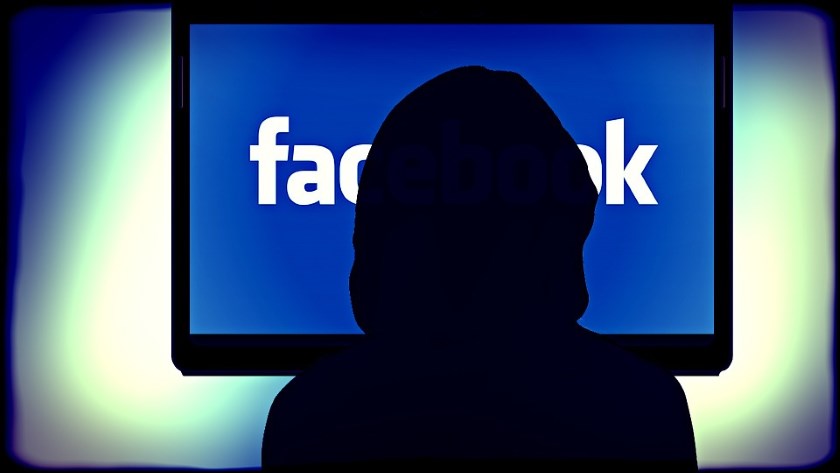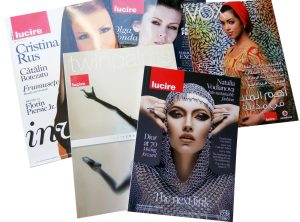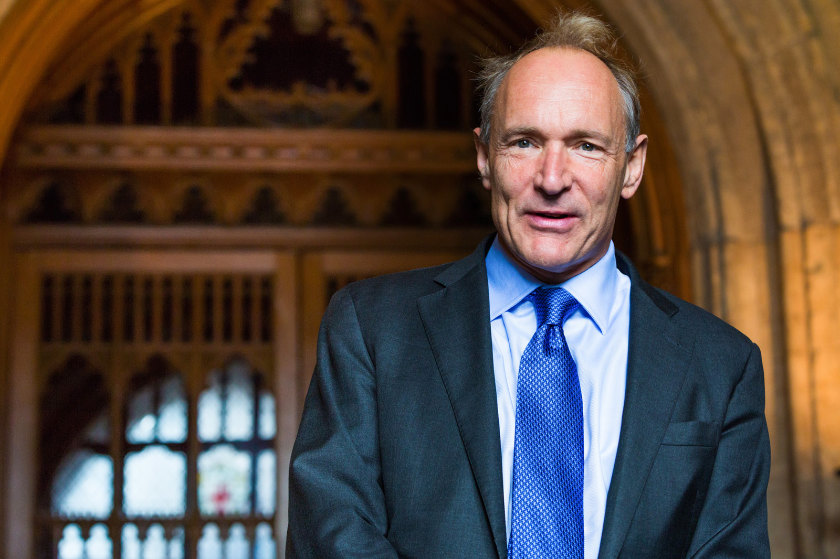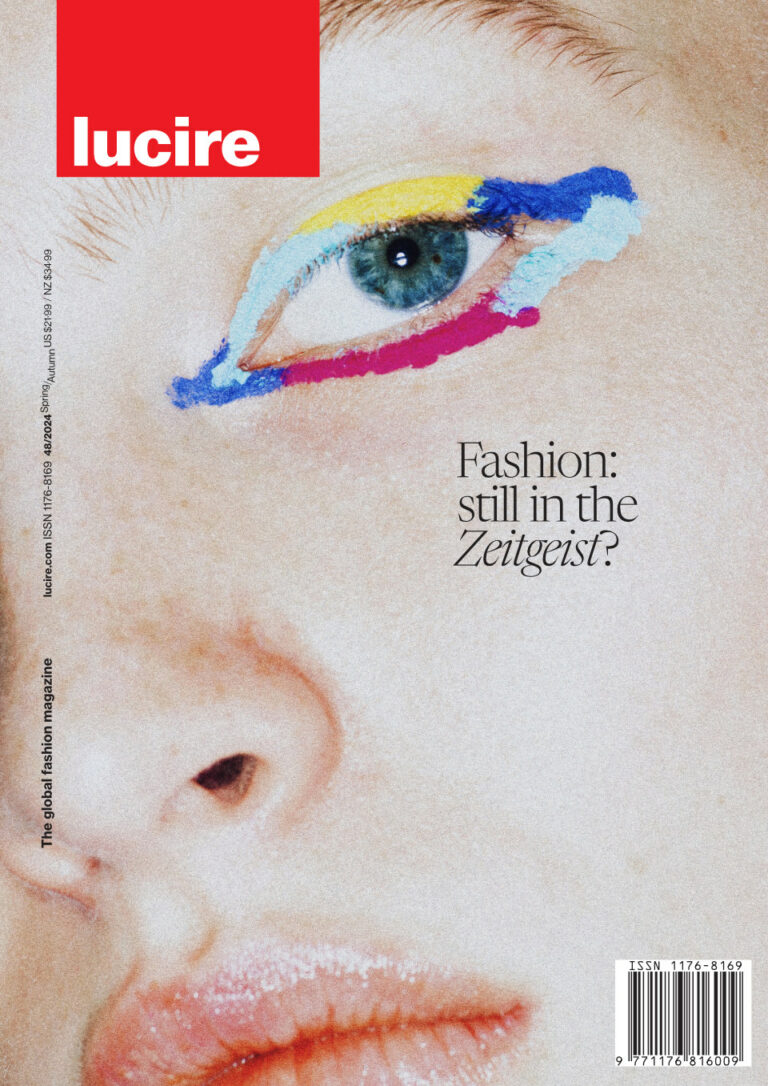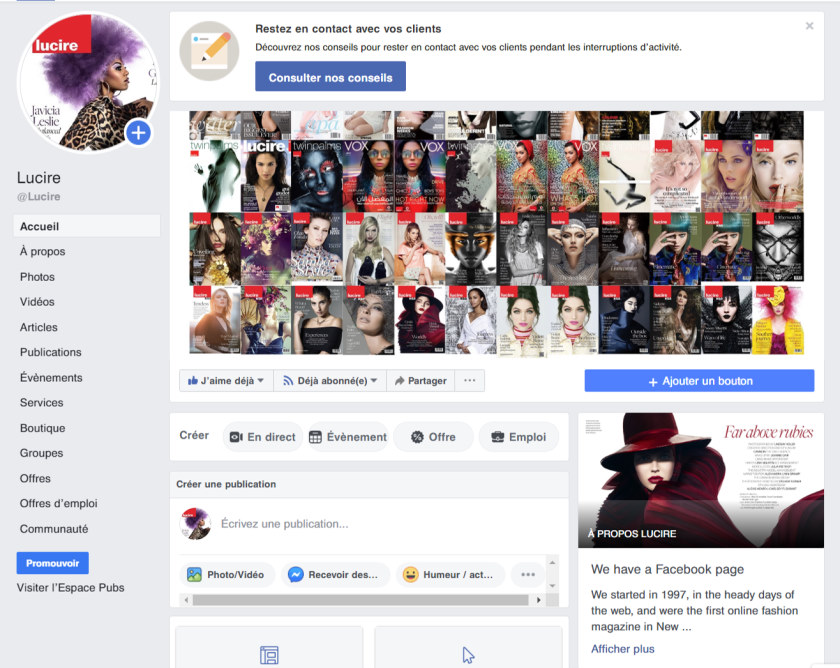On March 8, weeks before Christopher Wylie’s whistleblowing account of what happened at Cambridge Analytica, I Tweeted the following:
Thinking of removing the Facebook “like box” from @Lucire. No one really cares about this any more, do they? I mean, it’s four years after peak Facebook. pic.twitter.com/7vKubtL293
— Jack Yan 甄爵恩 (@jackyan) March 8, 2018
This was out of concern for the privacy of our readers, and I am glad to say that we removed the Facebook “like box”, and the official Facebook “like” button, from the majority of our pages. There may be a few places where these were programmed manually—not everything at Lucire is automated—but to our knowledge, they have been taken off the pages where they were part of a template. The ones that remain are delivered through other services. If readers have privacy concerns over even the remaining ones, please let us know.
Even though I had Tweeted something similar, about removing Facebook widgets, a few months ago, the general wisdom from respondents on Twitter was that such action was unnecessary.
Having made the decision on March 8, removing the code within the next day, it now seems prescient.
This wasn’t done in isolation. We had never felt Facebook was a platform that was on our readers’ side, thoughts I have expressed elsewhere. When Facebook pages were launched, we already had a successful Facebook group, and the pages, at least initially, duplicated the group function. That’s partly why we put so little effort in building the page. In 2012, Facebook intentionally broke its algorithm and reach dropped 90 per cent overnight, meaning we couldn’t reach our fans without paying. This made little sense as it benefited big companies with big marketing budgets, and they aren’t necessarily the ones you’re fans of. When the pages were rejigged, it downplayed reader posts in favour of our own, which, in our opinion, goes against the whole principle of social media, where magazine and readers are on an equal footing and can chat one-to-one. All these essentially changed Facebook into just another medium where one-to-many conversations were favoured (see also our print edition piece, ‘The fall of the influencer’). Frankly, we can have one-to-many conversations here, on the site itself.
Facebook has been a lousy referrer of traffic to Lucire, so their more recent announcement of favouring personal posts over media ones made no difference to us. We felt that we didn’t need to maintain a major presence on Facebook as a result. A few months ago, we effectively stopped maintaining our Facebook page actively, and made it mirror what we Tweeted.
In addition, we had some real concerns on the data Facebook was assembling on you. Each one of my posts on the subject has been linked from Lucire’s news pages, in the columns, though we realize that mobile users might not have seen those due to the screen size. While everyone has a Facebook advertising preferences’ page, we were concerned that the company continued to populate it even after you had opted out. In December 2016, I filed a privacy complaint with the US Better Business Bureau, which at the time was the best agency handling such matters. I provided the very evidence they requested, but I have not heard back.
Earlier that year, I was forced to download a Facebook malware scanner, a program sanctioned by Facebook itself, which the company bragged about on its blog. This wrecked my real antivirus program, and was based around a fake alert. The blog posts detailing this have amassed over 100,000 views as people fell victim to this scam. It took me two years to get the tech media to cover this, and I finally came across Wired’s Louise Matsakis. I gave Louise the low-down and, to her credit, her story, after some research, came out weeks later. Facebook’s response was weak and, in some cases, contradictory. The company stopped forcing its downloads on people, not before millions (by its own admission) were affected. Louise’s story suggests that the malware scanner uploaded private information on individual computers to Facebook. We are yet to confirm this, but we do know the malware accusations levelled at users were, for the most part, bogus.
I also alerted Facebook to a bot ‘epidemic’ as early as 2014; when news of this came out in the last year or so, it was no surprise.
We should also note, publicly, that the T&Cs on this site do allow our advertisers to gather information, though we never examine your cookies ourselves. In fact, we refused to sign on with one particular ad network when they became a Google Doubleclick reseller, because of our privacy concerns. Avoiding certain ad networks has affected our bottom line negatively. Some Google ads still appear on this site because ad networks will upsell, but they are generally out of our control. We have tried to minimize the effect the Google–Facebook duopoly has on your privacy. When you use the search box in Lucire, you’re taken to DuckDuckGo. Their logo has appeared in print issues of Lucire for many years. We chose them in the mid-2010s to replace our internal search engine, because they keep no records of their searches. Because of privacy, we didn’t want Google, even if their search results are more comprehensive.
If you wish to opt out of their ad preference tracking, head over to aboutads.info (for US readers) or YourOnlineChoices.eu (for EU readers), and make sure you do this on every browser and every device you use.
These incidents are generally not the province of coverage for Lucire, hence they never wound up here. Sometimes, they have appeared in the editorials in our print editions. However, in light of the #deletefacebook movement, you now should know that Lucire has been looking out for you. We took steps to distance ourselves from Facebook before the scandal broke, and we’ll continue looking out for you.—Jack Yan, Publisher

